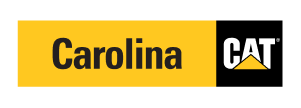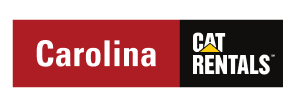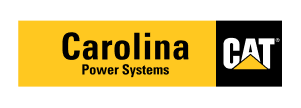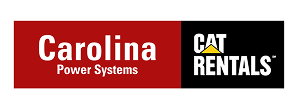Key Takeaways:
1. Significant Financial Savings and Predictability: Renting provides a major financial benefit by allowing you to avoid the substantial upfront cost of purchasing new equipment. It also eliminates the unpredictable expenses of repairs, maintenance, and storage, turning a large, risky investment into a predictable, short-term operational cost.
2. Greater Flexibility and Access to Technology: Renting offers the flexibility to get the right machine for a specific job and access the latest technology without being locked into an obsolete model. This allows you to test equipment and technology before making a long-term purchase decision, ensuring it’s a good fit for your business.
3. Reduced Responsibility and Risk: When you rent, the responsibility for maintenance, storage, and depreciation falls on the owner, not you. Furthermore, if a rented machine breaks down, the rental company can often provide a quick replacement, minimizing project delays and reducing the economic risk associated with equipment downtime.
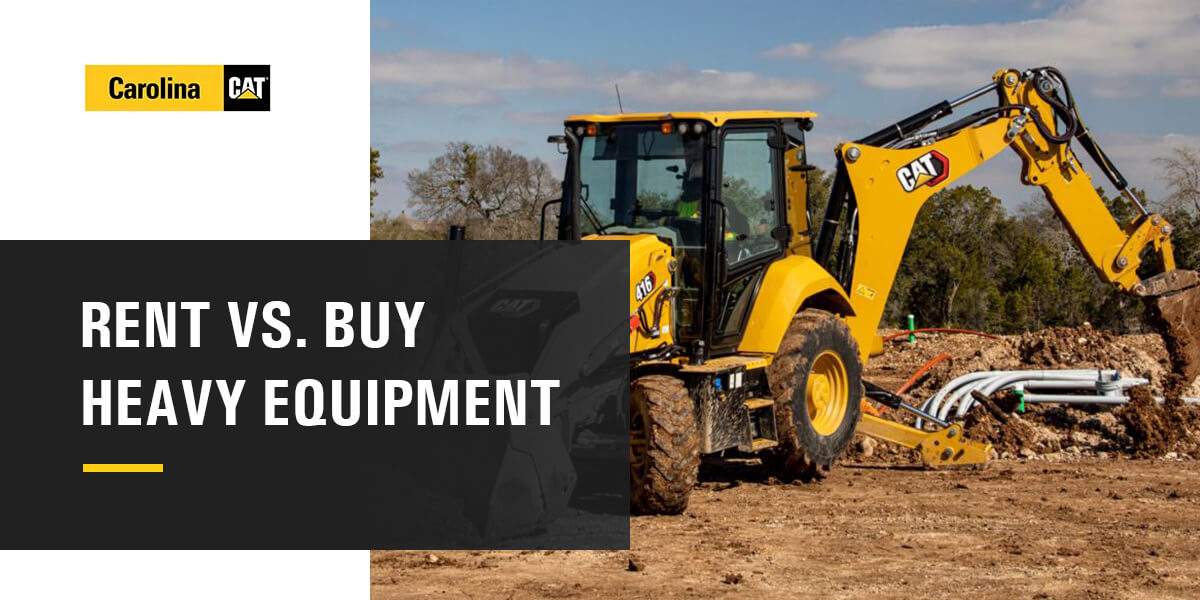
When you’re in construction, the decision to rent or buy equipment is vital. Whether renting or buying is the right move depends on several factors, such as how often you use the machine and how readily available it is on the rental market. Your choice must also make financial and operational sense to benefit your business.
Both options have pros and cons, and you should understand each before making this important business decision. This article examines the options to help you decide which works best for you, renting or buying equipment.
Pros of Buying New Equipment
Purchasing new heavy equipment is an investment that provides your business with an asset. Some advantages of buying equipment include the following:
- Invest in your business: When you buy, you have an asset you can use as you need it. This investment could be the right decision if you use the equipment often.
- Save time: The equipment is yours. You don’t have to wait to use it. It’s available immediately for projects, which helps you stick to deadlines.
- Lower your operating costs: If you use the machine often, buying will likely be less expensive over time.
- Enjoy complete control: You get the convenience of having your equipment on hand without worrying about its availability.
- Increase safety: Since you control maintenance, you know your equipment is safe for any personnel on-site.
- Customize your machine: You can modify your equipment to perform better for specific projects.
Cons of Buying New Equipment
While buying has many advantages, there are some downsides to purchasing equipment. Some disadvantages of buying include the following:
- Pay for storage: As the machine is yours, so are the costs of housing and maintaining it, which should factor into your financial planning.
- Incur significant upfront costs: Buying large equipment is a substantial financial commitment, which might not be suitable to your current situation.
- Get limited access to new technology: You may not be able to use the latest innovations on every project once you’ve purchased your current model.
- Shoulder depreciation costs: As you use your new machine, it depreciates, making it difficult to sell and putting your business at potential economic risk.
Pros of Renting Equipment
Renting might make better financial sense even if you have the resources to purchase new equipment. Consider how often you’ll use the equipment and whether it’s versatile enough to meet your needs. Some of the advantages of renting equipment include the following:
- Enjoy flexibility: You can rent equipment that suits the job and switch to another machine if you need something different for the next job. You also don’t have to share equipment across multiple job sites, which can cause time restraints and backlogs.
- Avoid upfront investments: You can enjoy the same quality of machine without having the same upfront expense.
- Make a short-term commitment: Return the machine when the job is complete with no further financial obligations.
- Test before buying: Renting allows you to evaluate whether the machine is a good fit for your business before purchasing one.
- Eliminate repair and maintenance costs: The owner is responsible for keeping the equipment maintained and in working order.
- Enjoy the innovations: When renting, you have access to top-of-the-range equipment without the high cost and don’t need to worry about your equipment becoming obsolete.
- Use the right equipment for the proper purpose: If you require a specific tool for a job, you can rent one instead of trying to make your current machine work.
- Test your technology before you buy it: Technology like machine control systems can help your project accuracy. Rental options allow you to test out any technology before you buy it. You can achieve this with no-commitment rentals from SITECH Horizon. Contact them today to learn more about their machine control, site positioning and laser rental options.
Cons of Renting Heavy Equipment
Renting is ideal in the short term and allows you to complete the job without the expense of purchasing specific equipment. However, renting also comes with potential disadvantages to consider, which include the following:
- Accrue long-term costs: Using a rented machine frequently can often be more expensive in the long term due to the continual monthly payments, especially if you aren’t using the equipment for the entire rental period. Rental rates are also likely to increase over time, adding to your expenses.
- Limit return on investment: The equipment owner can look forward to some resale value, but as the renter, you can’t get back any of the money you spent.
- Compete for availability: There’s often fierce competition for new equipment in the rental market. Your projects may slow down while you wait for the machines you need to become available, which can be detrimental to your bottom line.
- Lose the option of customizing: You won’t be able to modify or change the machine.
What to Consider Before Deciding to Rent or Buy
Now you have a better idea of the benefits of renting vs. buying equipment, how do you decide? There are several ways to gain clarity on what the best move is for your business. Consider the following to assist you in the equipment rental vs. purchase decision-making process:
Financial Situation
Your bottom line is a crucial factor to consider, so estimate the cost of renting vs. buying equipment. Renting is generally best if you don’t have the capital to purchase a machine. Beyond the significant upfront cost, your financial planning must also account for the total cost of ownership. This includes the ongoing costs for storage, transportation, maintenance, and any necessary repairs. Project your rental costs for a year and weigh them against the purchase cost to make the best financial decision for your business.
Frequency of Use
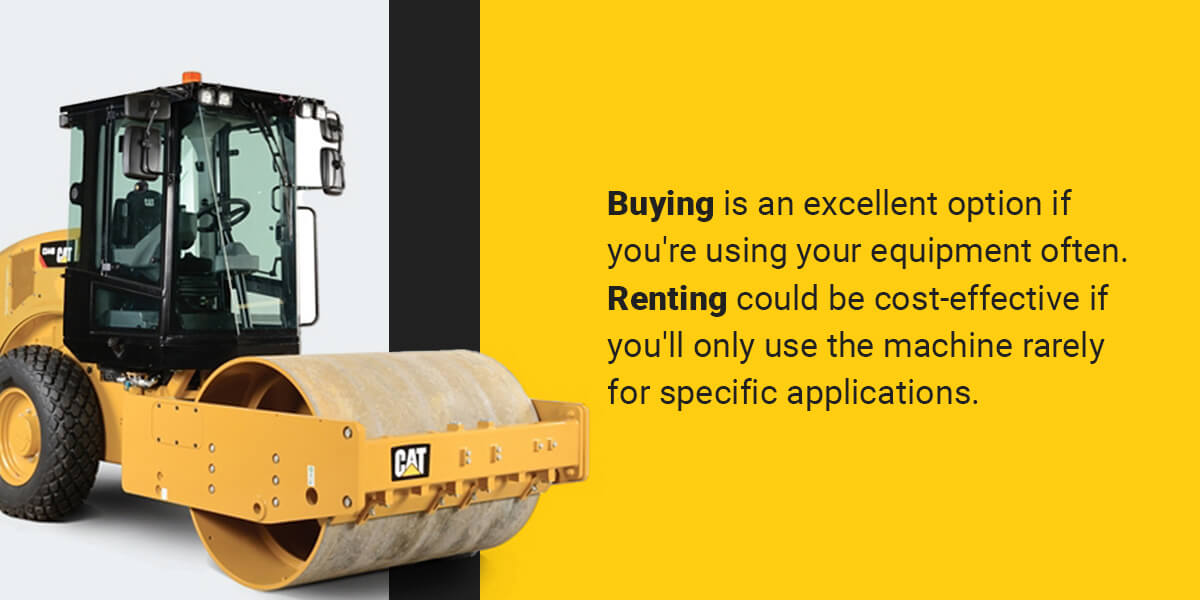
Buying is an excellent option if you’re using your equipment often. Take the time to calculate the costs of renting the equipment regularly and weigh that against the purchase price. Renting could be cost-effective if you’ll only use the machine rarely for specific applications.
Transportation and Storage Costs
Consider where you operate and whether you have the resources to load, transport and unload heavy equipment for each job.
Storage drives up your insurance costs, and many businesses prefer to store their equipment indoors. You must have a secure space big enough to house your machines. If you’re expanding your fleet, consider whether you’ll require extra space soon.
Replacement Availability
If your owned machine breaks down, you’re responsible for repairing or replacing it, and the wait could push your job completion date back. You’ll also want to keep your warranty in mind and follow the document’s specifications for the covered period.
Rental companies can often provide replacements at short notice, which might apply to high-pressure situations with tight project deadlines.
Economic Risk Situation
As the economy fluctuates, selling your equipment could be a challenge. When the economy is flourishing, you’ll have no shortage of buyers for your used equipment. In challenging times, demand for equipment is low, and selling may not be possible.
Availability
Ownership means the machine is available to you whenever you need it, so you can take on new projects quickly. You’ll experience less downtime waiting for the required equipment to get to your site.
Specific equipment you only require for a few jobs or weeks could be better suited to rental options. Planning your rentals will limit delays and give you more versatility in the projects you can take on.
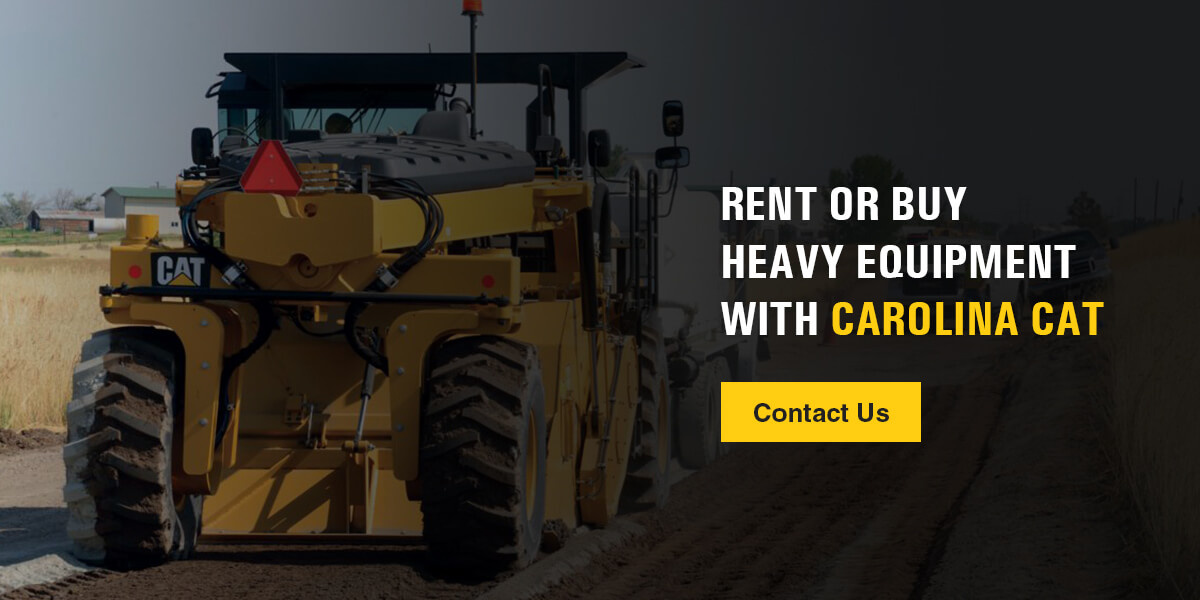
Rent or Buy Heavy Equipment With Carolina Cat
Whether you’re looking to rent or buy new or used heavy equipment, Carolina Cat can help you expand your fleet and make the best decision for your business. We pride ourselves on being a trusted partner for many construction companies and take a solution-based approach to helping our clients achieve their goals.
To learn more about how we can help you lower your operating costs and still have access to the best heavy equipment solutions for your needs, please get in touch with us today and one of our experienced professional team members will get back to you.
